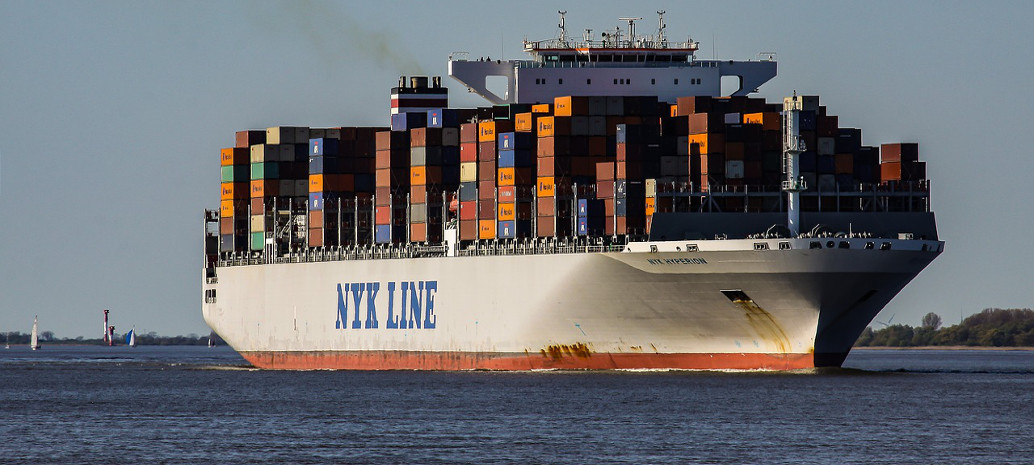With the Trump Administration, clean energy never knows where the blows are going to land. Some of the administration’s moves to prop up coal and nuclear power can be somewhat tangential to renewable energy, however the administration’s trade action on solar cells and modules as well as steel and aluminum products has been anything but tangential.
Today the office of the U.S. Trade Representative issued a list of over 1,000 items imported from China that may be subject to import duties or other trade sanctions under Section 301 of the Trade Act of 1974.
To the great relief of inverter makers, inverters were not on the list, nor were solar cells and modules. This was despite substantial testimony by SolarWorld detailing alleged IP theft of passivated emitter rear contact (PERC) technology by People’s Liberation Army (PLA) agents, for which these PLA agents were indicted by a grand jury in 2014.
Popular content
Item 85065000 “lithium primary cells and primary batteries”, is listed. However, trade expert John Smirnow has confirmed to pv magazine that this excludes rechargeable lithium-ion batteries such as are used in electric vehicles and energy storage to accompany solar PV.
Correction: An earlier version of this article stated that lithium-ion batteries would be potentially subject to duties under Section 301, due to a misreading of the Harmonized Tariff Schedule. The article has been changed to reflect that rechargeable lithium-ion batteries, such as are used in EVs and energy storage to accompany solar PV, are not included. We regret the error.
This content is protected by copyright and may not be reused. If you want to cooperate with us and would like to reuse some of our content, please contact: editors@pv-magazine.com.


I found this article via the google search “does the 301 tariff include solar panels”. This headline is exactly false. The 301 tariffs include photovoltaics vis a vis the inclusion of HTS subheading 8541.40.60. Please update this page!!!
Hi Rory, Thanks for your comment. At the time of publishing this article, in April, this was the stand. Of course, now it has changed, which later articles on our site reflect.